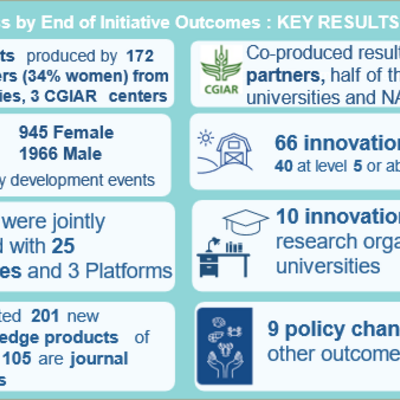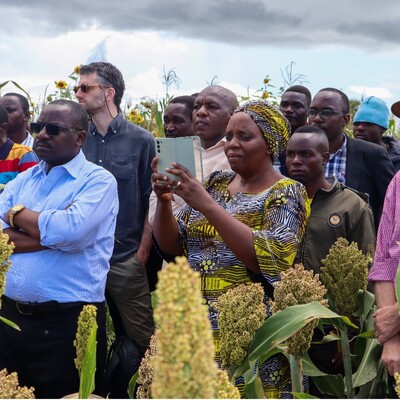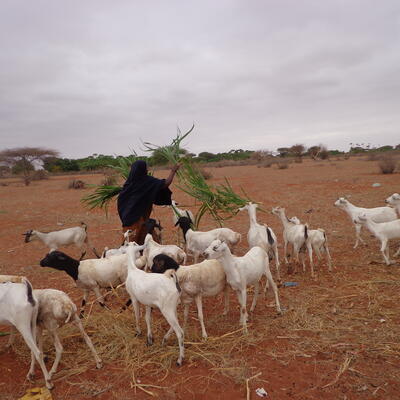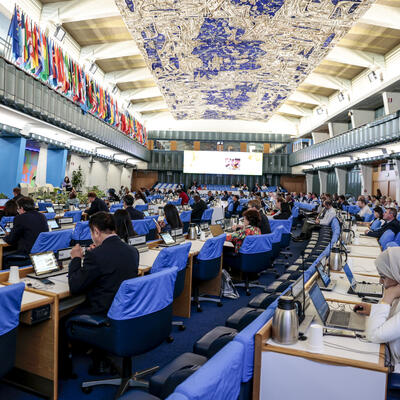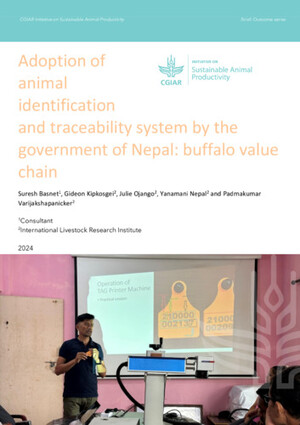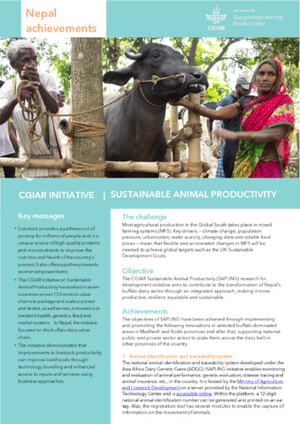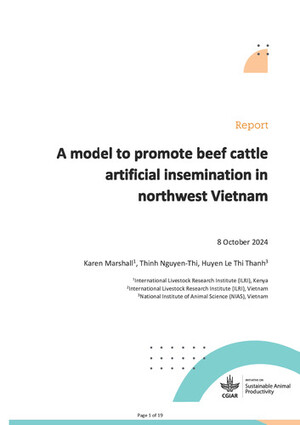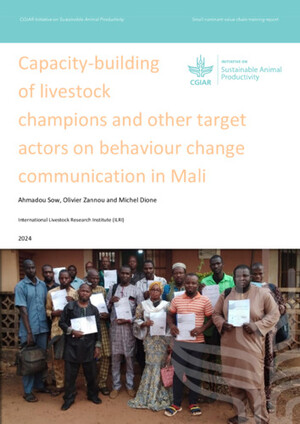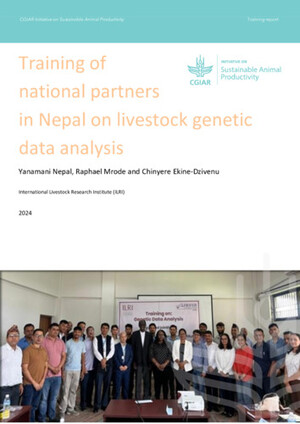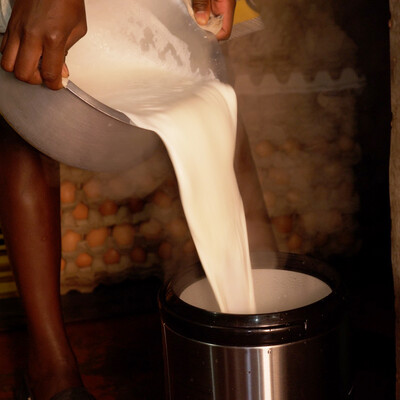
Building livelihoods resilience to alleviate poverty in semi-arid areas of West Africa
Vulnerability is a major characteristic of livelihoods in semi-arid zones of sub-Saharan Africa due to a wide range of critical and interlocking ecological and socio-economic factors. Household and community resilience can be strengthened through broad-based agricultural intensification that creates employment along value chains that meet growing local demand. Smallholder adoption of intensification strategies is constrained, however, by their inability to bear risk associated with the investments required, which is compounded by ecological and market variability.
This action-research project will test and capture lessons for an approach to scale out a promising intensification strategy based on integrated smallholder dairy and vegetable production that will significantly increase smallholder income and improve household food security, and make households more resilient. The action research will focus both at farm level on adapting the production system to the local context, and at market and policy levels on ensuring farmers have access to the inputs and services required to support the mixed production system, as well as to market outlets for their products.
GENERAL AND SPECIFIC OBJECTIVES
The project overall objective is to enhance the contribution of agricultural and natural resources systems to improved livelihoods and quality of the environment in semi-arid areas of sub-Saharan Africa.
The purpose is to build smallholder livelihoods resilience, and sustainability and profitability of smallholders by achieving the following specific objectives:
- Establish an integrated agricultural research for development (IAR4D) process for identifying, testing, adapting and scaling out of integrated smallholder dairy-horticulture systems that enhances livelihood resilience and sustainability in the semi-arid zones of West Africa
- Develop and promote social learning mechanisms for adapting integrated dairy-horticulture production technologies to local conditions appropriate for resource-poor households, gender-sensitive, and that conserve the natural resource base
- Develop and test innovative tools and options for upgrading local dairy and horticulture value chains that offer employment and generate added income for resource-poor market actors, especially women, while conserving the natural resource base
- Identify and formulate pro-poor policy options to support integrated, market-oriented and ecosystem-friendly dairy and vegetable smallholder enterprises
- Strengthen the capacity of researchers and research institutions in responding to the needs expressed by stakeholders along the dairy and vegetable value chains.
The scope of ILRI’s involvement in the project covers training activities on methodologies and approaches related to IAR4D, value chain analysis and business development services, as well as scientific backstopping in the selection of study sites and implementation of baseline surveys.
PARTNER ORGANIZATIONS
- West and Central African Council for Agricultural Research and Development (CORAF/WECARD): project lead and overall guidance
- National agricultural research institutes in Mali and Togo, and the University of Niamey in Niger
- NGOs and private-sector organizations: RAPHIA and GLOBE in Togo, ALPHA-LOG in Mali, and DFR (Développement de la Femme Rurale) and CARITAS in Niger
FUNDER
International Development Research Centre (IDRC)
For more information, please contact Tom Randolph





